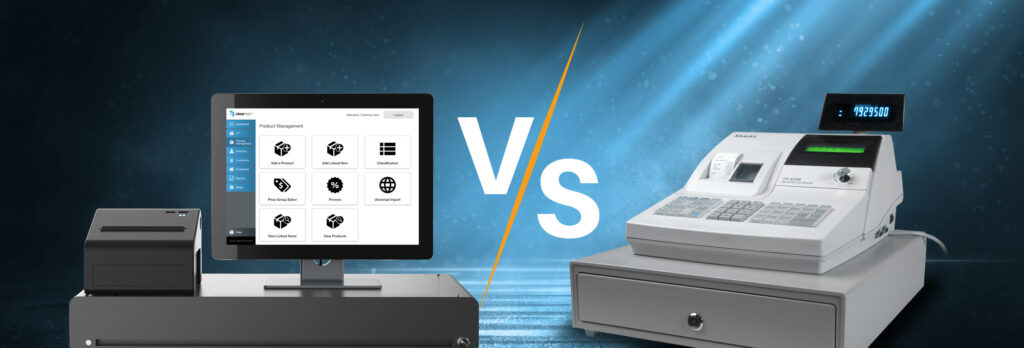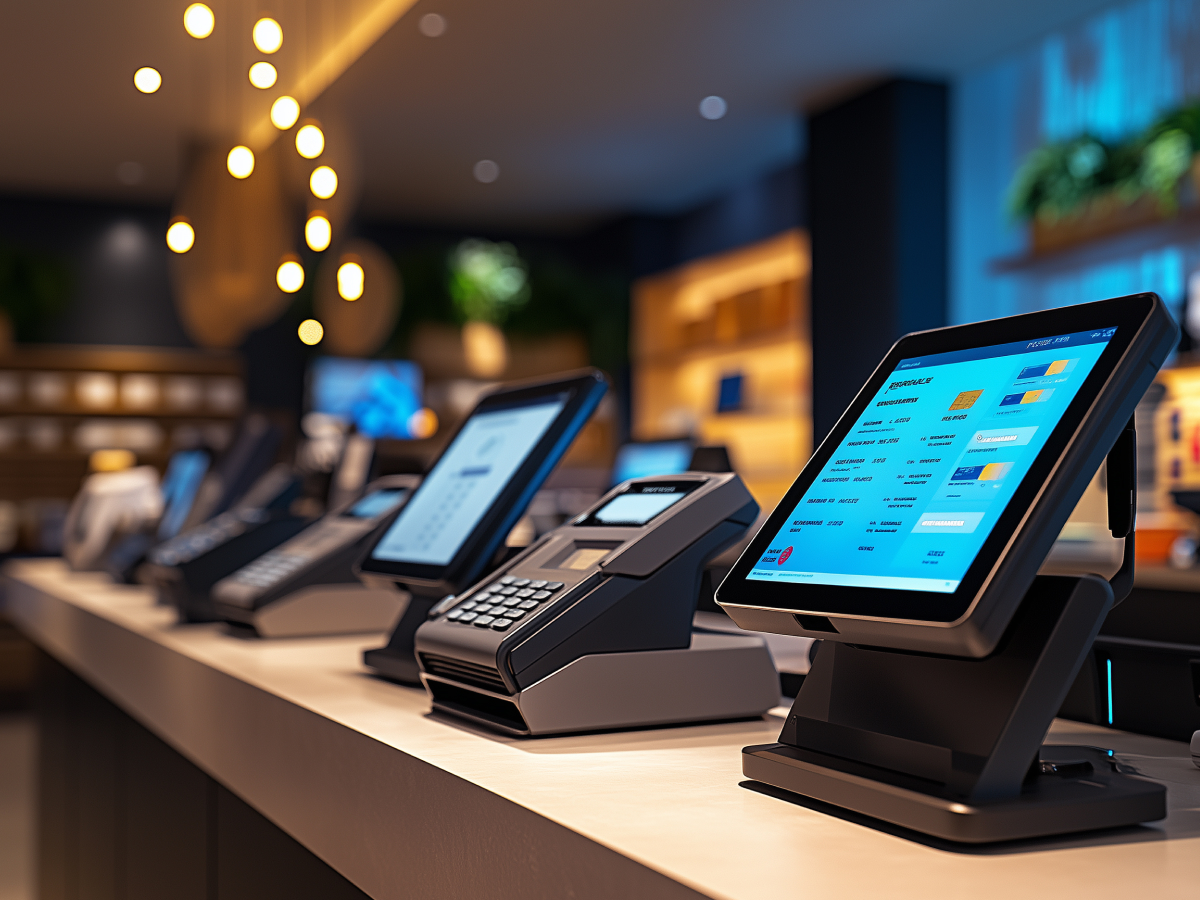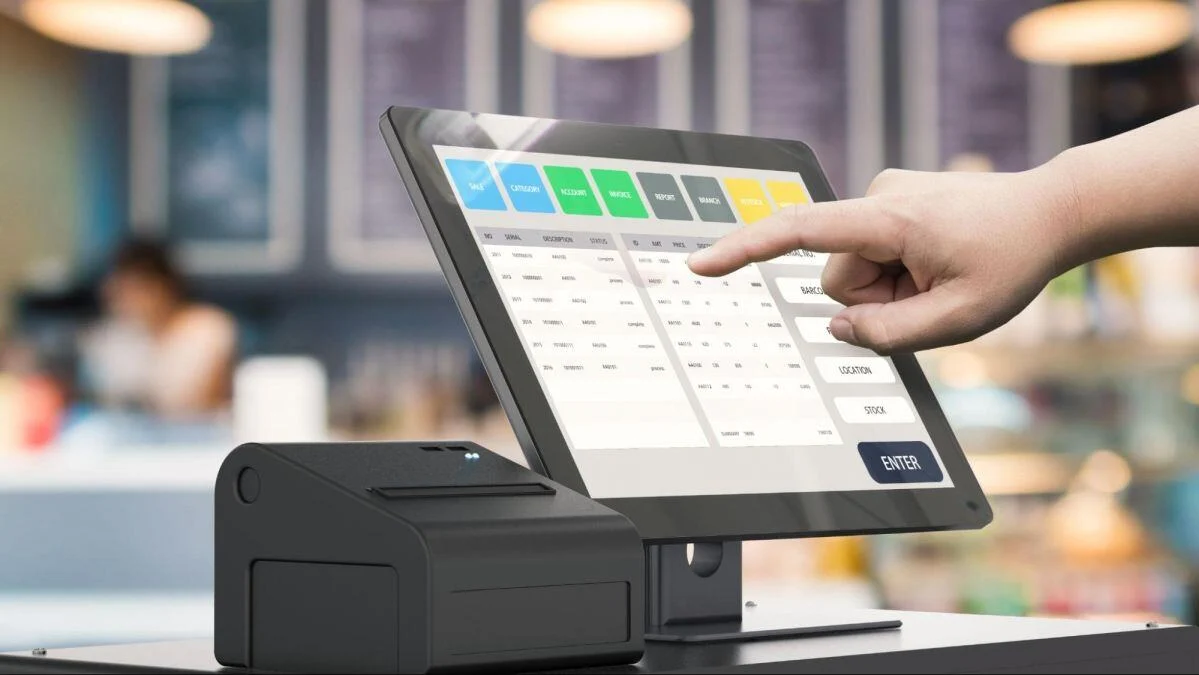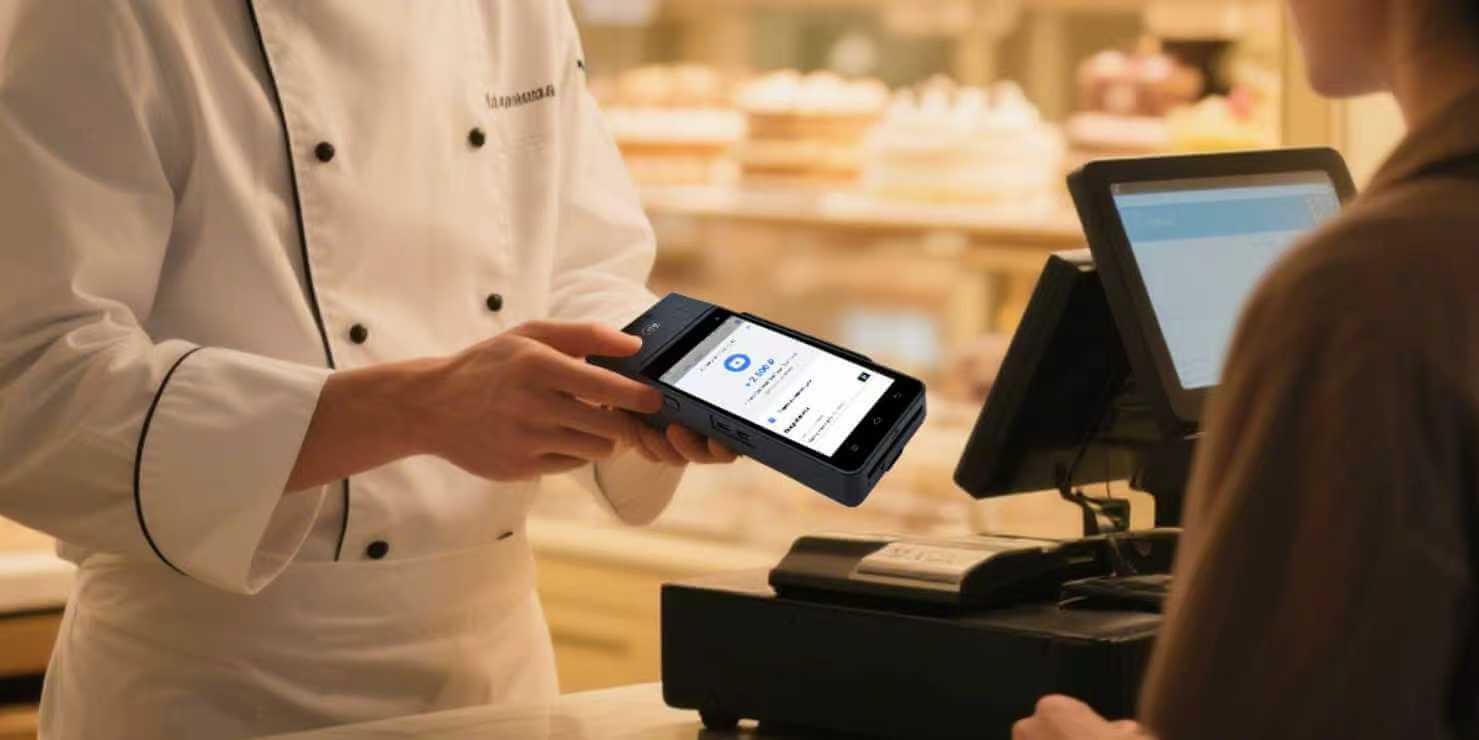Why POS Systems Are Smarter Than Cash Registers

For decades, cash registers were the backbone of retail and hospitality businesses. They served a simple purpose: record sales, store cash, and print receipts. While they were revolutionary in their time, today’s business environment demands more than just a place to ring up purchases. Modern businesses need tools that not only handle transactions but also help them grow, make smarter decisions, and deliver exceptional customer experiences. That’s where Point of Sale (POS) systems come in — and why they’re far smarter than traditional cash registers.
More Than Just Transactions
A cash register is limited to recording a sale and keeping track of money. On the other hand, POS systems are built to manage the entire sales process and beyond. With a POS, businesses can track every product sold, update stock levels automatically, and even connect sales data with accounting software. This seamless integration saves hours of manual work and reduces costly human errors.
For example, imagine running a clothing store. When a customer buys a pair of jeans, a cash register would simply process the payment. A POS system, however, would also deduct that pair from your inventory, update the total sales report, and even show you which sizes are selling out the fastest.
Smarter Inventory Management
Inventory is one of the biggest challenges for retailers. Traditional cash registers provide little to no insight into stock levels, forcing managers to do manual counts or rely on guesswork. POS systems, however, bring real-time inventory management to the table.
This means business owners can see what’s in stock at any moment, set automatic alerts for low quantities, and avoid both overstocking and running out of popular items. In industries like food and beverage, where products have expiration dates, this feature helps minimize waste and maximize profitability.
Better Customer Experience
Customers today expect faster, smoother, and more personalized shopping experiences. While a cash register can process a payment, it cannot go beyond that. A POS system, on the other hand, offers multiple features that directly improve customer satisfaction.
With a POS, businesses can accept various payment methods such as credit/debit cards, mobile wallets, and even contactless payments. They can also integrate loyalty programs, issue digital receipts, and run targeted promotions based on purchase history. All these factors enhance customer convenience and encourage repeat business — something cash registers simply can’t do.
Powerful Analytics and Insights
One of the smartest advantages of POS systems is their ability to generate detailed reports. Business owners can track sales trends, identify top-performing products, measure staff performance, and forecast demand with just a few clicks.
Cash registers, on the other hand, only provide a basic sales total at the end of the day. There’s no way to break down which products are driving profits, what times are busiest, or which discounts are most effective. POS analytics empower businesses with data-driven decision-making, which is essential for growth in today’s competitive market.
Employee Management Made Easy
Beyond tracking sales, POS systems also help manage staff more effectively. Features like employee logins, time tracking, and performance reports give managers clear insights into who is performing well and where training may be needed. A cash register can’t provide that level of control or accountability.
Future-Proof Technology
Technology in retail and hospitality continues to evolve, and POS systems are designed to adapt. Many modern solutions are cloud-based, allowing business owners to access data from anywhere. They also integrate with e-commerce platforms, making it easier to manage both online and offline sales from a single dashboard.
Cash registers, by contrast, are outdated and lack the flexibility needed in today’s digital-first economy. Businesses that stick to them risk falling behind competitors who use smarter systems.
Conclusion
While cash registers served their purpose in the past, they are no match for the versatility and intelligence of POS systems. From real-time inventory tracking and customer loyalty programs to advanced analytics and future-ready integrations, POS technology gives businesses the tools they need to thrive.
In short, a cash register can only record sales, but a POS system helps you grow them. That’s why in today’s business world, POS systems are not just smarter — they’re essential.






